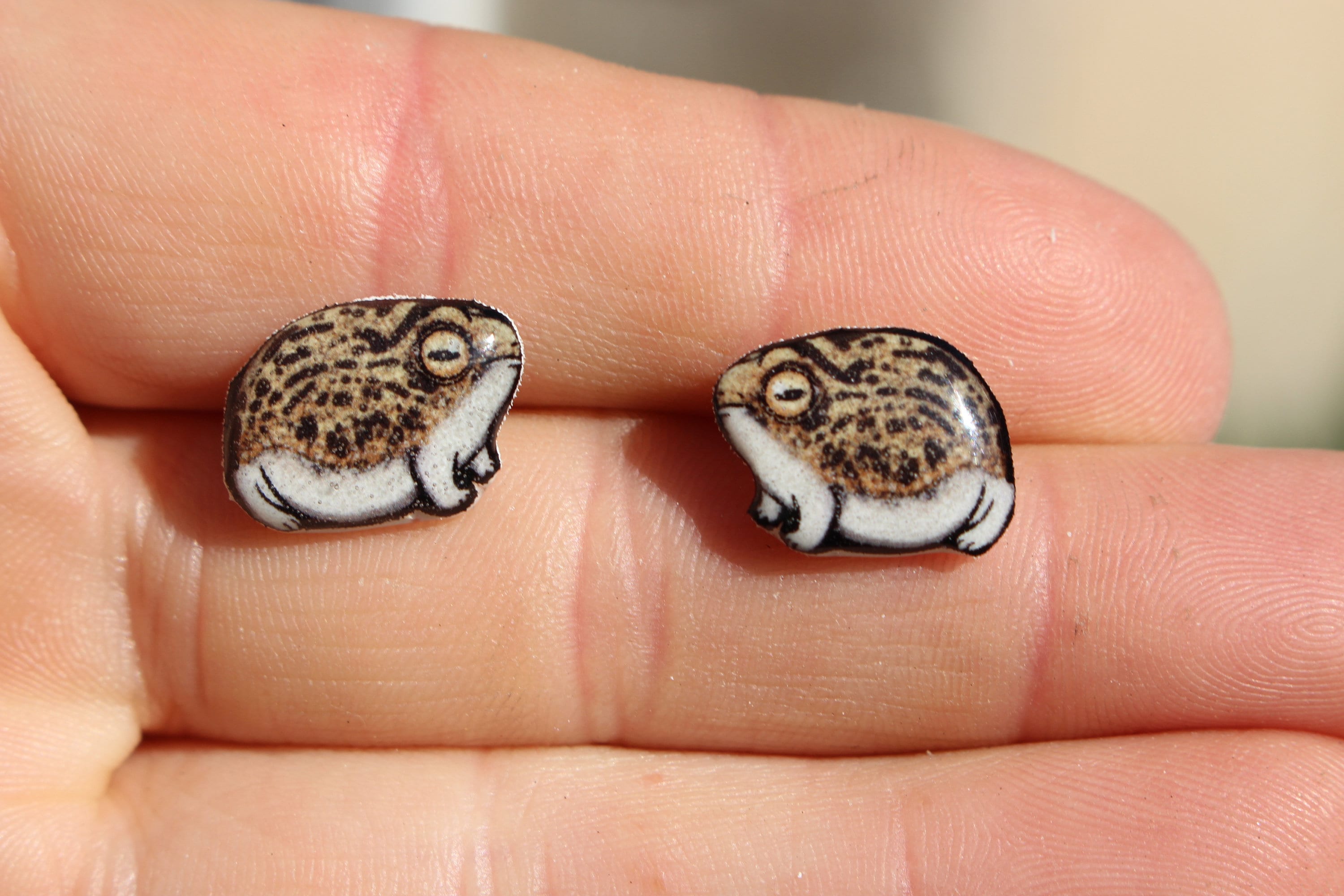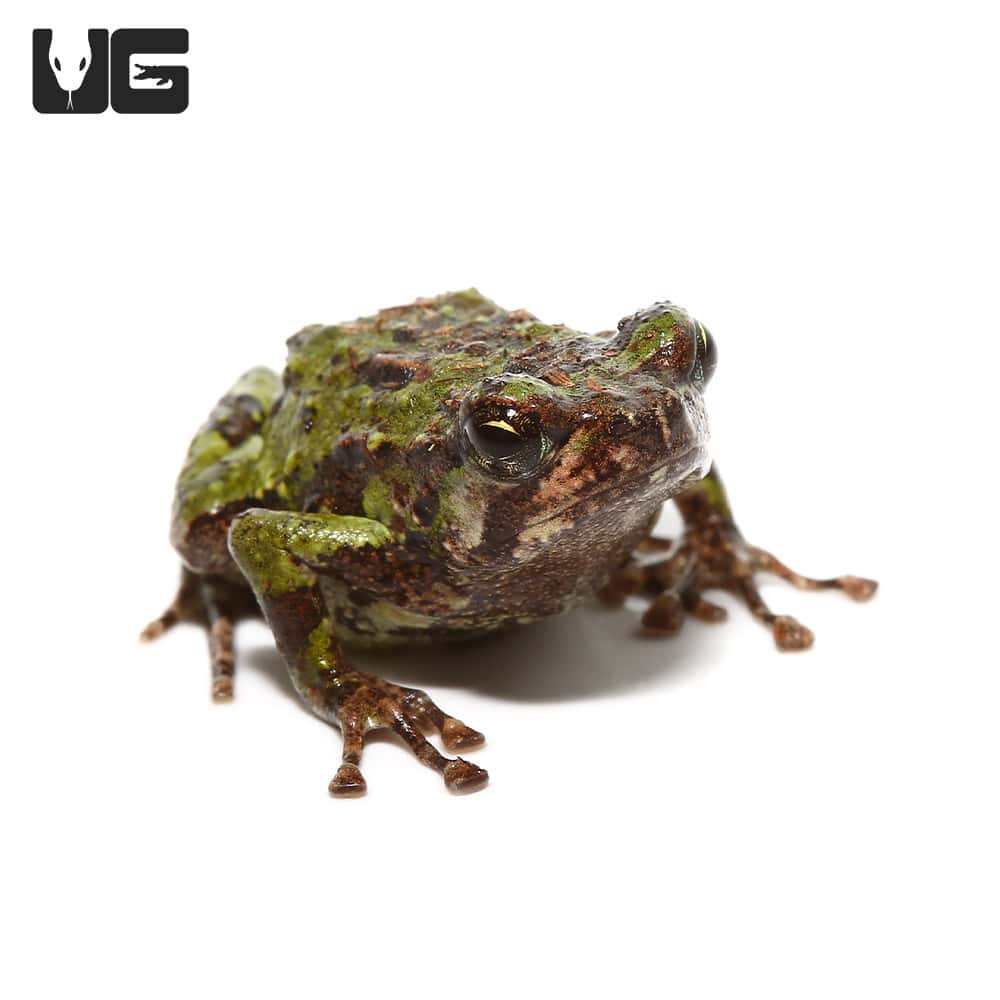Rain Frog for Sale: Unlock the Charm of Nature with Your Own Amphibian Companion!
Rain Frog for Sale: Unlock the Charm of Nature with Your Own Amphibian Companion!
Blog Article
Common Health Issues in Reptiles: Signs And Symptoms and Solutions
In the intricate world of reptile care, comprehending the usual wellness concerns that might impact these unique creatures is vital in guaranteeing their health. Whether it's grappling with parasitical problems, navigating dehydration problems, or dealing with skin disorders that manifest in refined methods, being attuned to the signs and symptoms and equipped with the knowledge of effective remedies is crucial for any type of reptile proprietor.
Respiratory Infections
Breathing infections in reptiles can substantially influence their overall health and wellness and need prompt interest from skilled vets. These infections are commonly triggered by microorganisms, viruses, or fungis and can materialize through signs such as hissing, nasal discharge, open-mouth breathing, and lethargy. In reptiles, respiratory system infections can be especially testing to identify and deal with because of their one-of-a-kind composition and physiology. Vets frequently depend on a mix of health examinations, analysis imaging, and research laboratory tests to accurately determine the underlying root cause of the infection.
Treatment for breathing infections in reptiles generally involves a mix of supportive treatment, such as maintaining proper moisture levels and temperature slopes in the room, in addition to targeted medicine to deal with the certain pathogen in charge of the infection. It is vital for reptile proprietors to monitor their family pets carefully for any type of signs of respiratory system distress and seek vet treatment at the earliest indication of an issue. With prompt intervention and suitable treatment, several reptiles can recoup completely from respiratory system infections and return to normal tasks.

Metabolic Bone Condition
What factors contribute to the advancement of Metabolic Bone Disease in reptiles?
Metabolic Bone Disease (MBD) in reptiles is mostly created by an absence of appropriate calcium, phosphorus, and vitamin D3 levels in their diet. In addition, poor exposure to UVB light avoids reptiles from manufacturing vitamin D3, which is crucial for calcium absorption and bone health.
Various other adding variables to MBD include inappropriate temperature slopes within the reptile's environment, bring about decreased metabolism and damaged calcium absorption. Insufficient humidity degrees can likewise influence a reptile's capacity to metabolize calcium successfully. Particular reptile types have particular nutritional requirements that, if not met, can enhance the probability of establishing MBD. Routine vet exams, appropriate husbandry methods, and a balanced diet are necessary to stop Metabolic Bone Condition in reptiles.
Parasitic Infestations
Parasitic infestations present a substantial health danger to reptiles, impacting their overall well-being and calling for prompt vet focus. Reptiles can be influenced by different bloodsuckers, including mites, ticks, interior worms, and protozoa. These parasites can create a series of signs, such as weight management, lethargy, skin irritability, looseness of the bowels, and also death if left neglected.
One usual parasite discovered in reptiles is the mite, which can cause skin anxiety, irritation, and anemia. Ticks are an additional outside parasite that can send illness and create discomfort to the reptile. Interior parasites like worms and protozoa can cause digestive system issues, lack of nutrition, and weaken the reptile's immune system.
To diagnose a parasitical problem, a veterinarian might perform fecal tests, skin scrapings, or blood examinations. Treatment often involves deworming medicines, antiparasitic bathrooms, or in extreme cases, hospitalization. Preventative actions such as normal veterinary examinations, proper health, and quarantine treatments for new reptiles can help lessen the threat of parasitical infestations and ensure the wellness of reptile pets.
Dehydration and Hydration Issues
Dehydration in reptiles can dramatically influence their health and wellness and well-being, requiring timely treatment and suitable hydration management. try this out If left without treatment, dehydration can lead to significant health problems and also be deadly to the reptile.
To stop dehydration, reptile proprietors ought to make sure that their animals have accessibility to tidy water in all times. The water meal need to be large sufficient for the reptile to take in if required, particularly for types that take in water through their skin. Furthermore, keeping proper humidity levels in the reptile's room and giving regular baths can assist stop dehydration.
In cases of dehydration, it is critical to look for veterinary care immediately. A vet may administer fluids i loved this either by click here for more info mouth or through injections to rehydrate the reptile. It is important to resolve the underlying cause of dehydration to prevent reappearance and guarantee the reptile's total wellness.
Skin Ailments

Conclusion

Respiratory system infections in reptiles can considerably impact their total health and wellness and call for prompt focus from seasoned veterinarians (rain frog for sale). Preventative measures such as regular vet exams, appropriate health, and quarantine treatments for brand-new reptiles can aid minimize the threat of parasitical infestations and ensure the well-being of reptile pets
If left unattended, dehydration can lead to major wellness concerns and even be deadly to the reptile.
Regularly evaluating your reptile for any modifications in skin color, structure, or appearance can aid in very early discovery and treatment of skin disorders, advertising the total wellness and well-being of your flaky buddy. - rain frog for sale
In conclusion, reptiles are prone to various wellness concerns such as respiratory system infections, metabolic bone disease, parasitic problems, dehydration, and skin disorders.
Report this page